Boris Johnson approves limited role for Huawei
As widely expected, Prime Minister Boris Johnson has agreed to allow the Chinese technology giant, Huawei, a limited role in the UK’s 5G networks.
According to multiple reports, the decision was made by the National Security Council (led by Johnson) on the advice of British intelligence agencies, notably GCHQ, whose assessment is not inimical on Huawei playing a limited and peripheral role in the UK’s 5G networks.
The restrictions mean that in practice Huawei is banned from supplying equipment to sensitive parts of the network, generally referred to as the “core”.
In simple terms, the “core” is where voice and other data are routed across multiple sub-networks and computer servers to ensure it reaches its desired destination.
Apart from refusing Huawei access to the core, the restrictions mean that the Chinese technology giant will only be allowed to supply 35 percent of the equipment in the network’s periphery, notably radio masts.
Furthermore, Huawei will be banned from areas close to critical national infrastructure, including military bases and nuclear sites.
Huawei's reaction
Huawei has reacted in an upbeat manner to the restrictions, which in some respects – in particular the restrictions pertaining to 35 percent of the periphery – are slightly harsher than expected.
Huawei’s UK chief, Victor Zhang, issued the following statement: “Huawei is reassured by the UK government's confirmation that we can continue working with our customers to keep the 5G rollout on track".
"It gives the UK access to world-leading technology and ensures a competitive market", Zhang added.
Immediate impact
In immediate terms, the 35 percent cap on periphery services is expected to affect three out of four of the UK’s mobile networks, who are already using Huawei’s 5G products.
Two of the providers, namely Vodafone and EE, are now obliged to reduce their reliance on the Shenzhen-based telecoms giant, as more than 35 percent of their existing radio access network equipment is supplied by the Chinese.
The partial adoption of Huawei by the British government is bad news for hardliners in the UK establishment, notably Tory MP Tom Tugendhat, who have consistently lobbied to deny the Chinese any access to the UK’s 5G networks.
The statement from the Government on Huawei’s presence in the UK’s 5G market suggests progress from our current position but leaves many areas of concern and many questions unanswered. 1/8
— Tom Tugendhat (@TomTugendhat) January 28, 2020
It is also a setback for the US government which has lobbied the UK hard in the past few months to deny Huawei any market access.
According to Sky News, a senior Trump administration official has said they [the US government] are “disappointed” at the latest development but that they still look forward to working with the UK on ways to “exclude untrusted vendor components” from 5G networks.
VIDEO | Gaza bakery supports displaced families ahead of Ramadan Iftar
France blocks US ambassador from ministerial meetings after summons no-show
Around 20 govts. warn Israel secretly annexing West Bank
Iran pursuing broader cooperation with African nations: Pezeshkian
Israeli minister threatens to seize entire Gaza if Hamas refuses to disarm
VIDEO | Gaza teacher starts ‘Little Wings’ initiative to bring joy to kids
Spanish FM urges firmer EU stance on Gaza crisis, West Bank settlement expansion
Israel ‘serious obstacle’ to nuke-free West Asia: Iranian diplomat


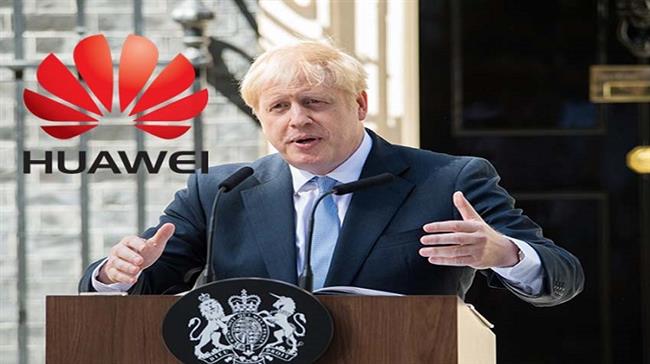
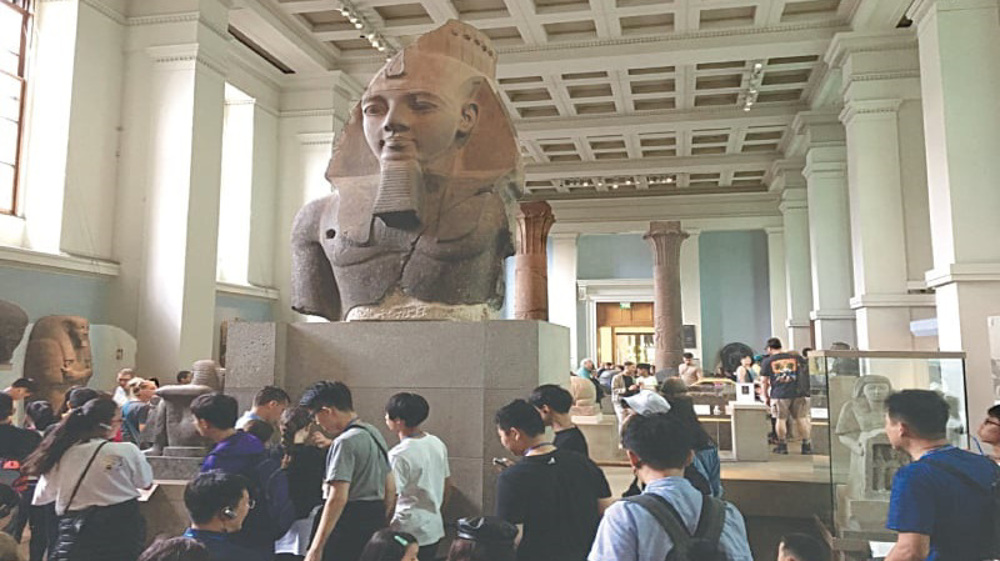





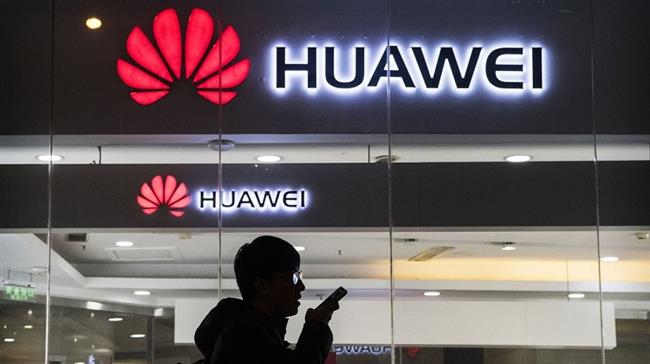
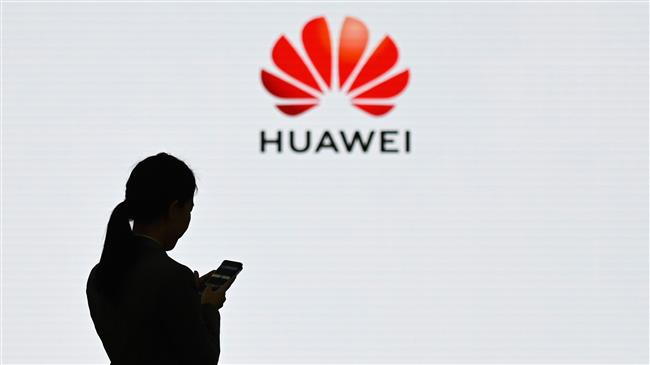
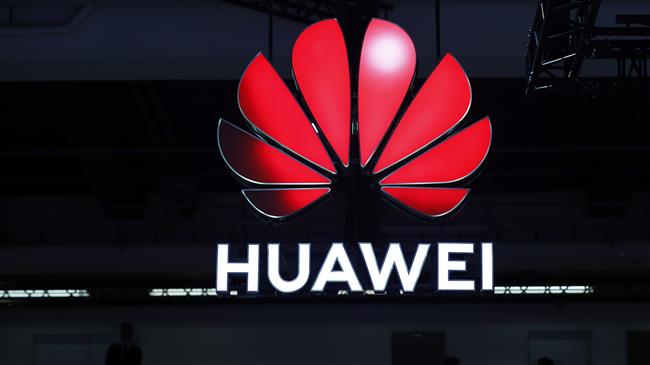
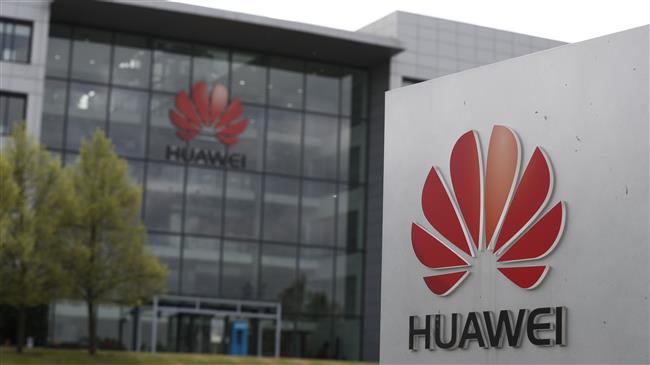
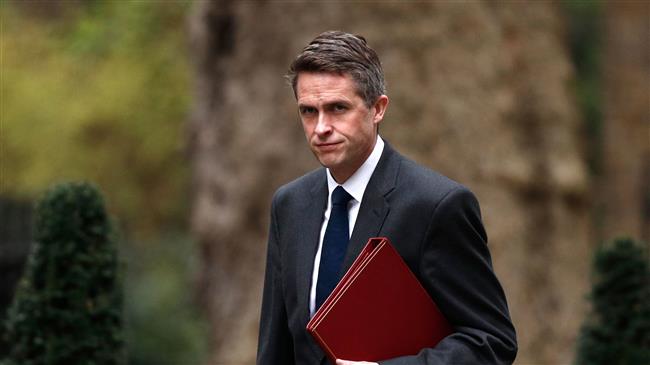

 This makes it easy to access the Press TV website
This makes it easy to access the Press TV website